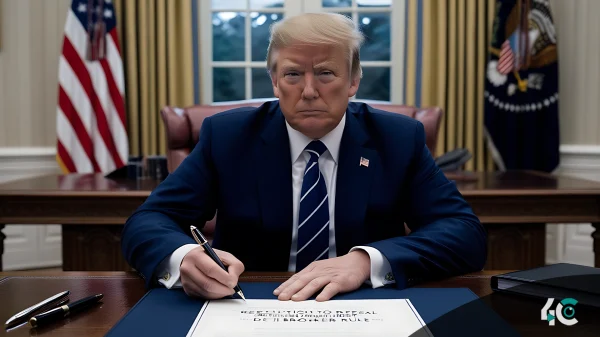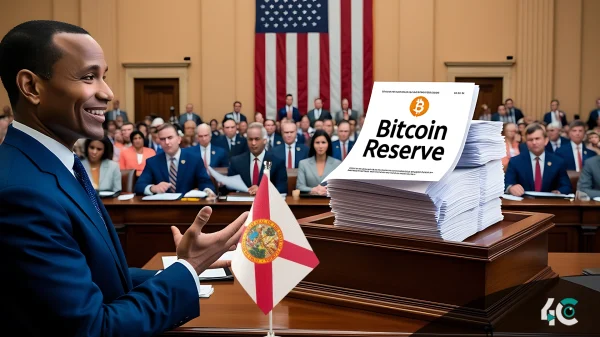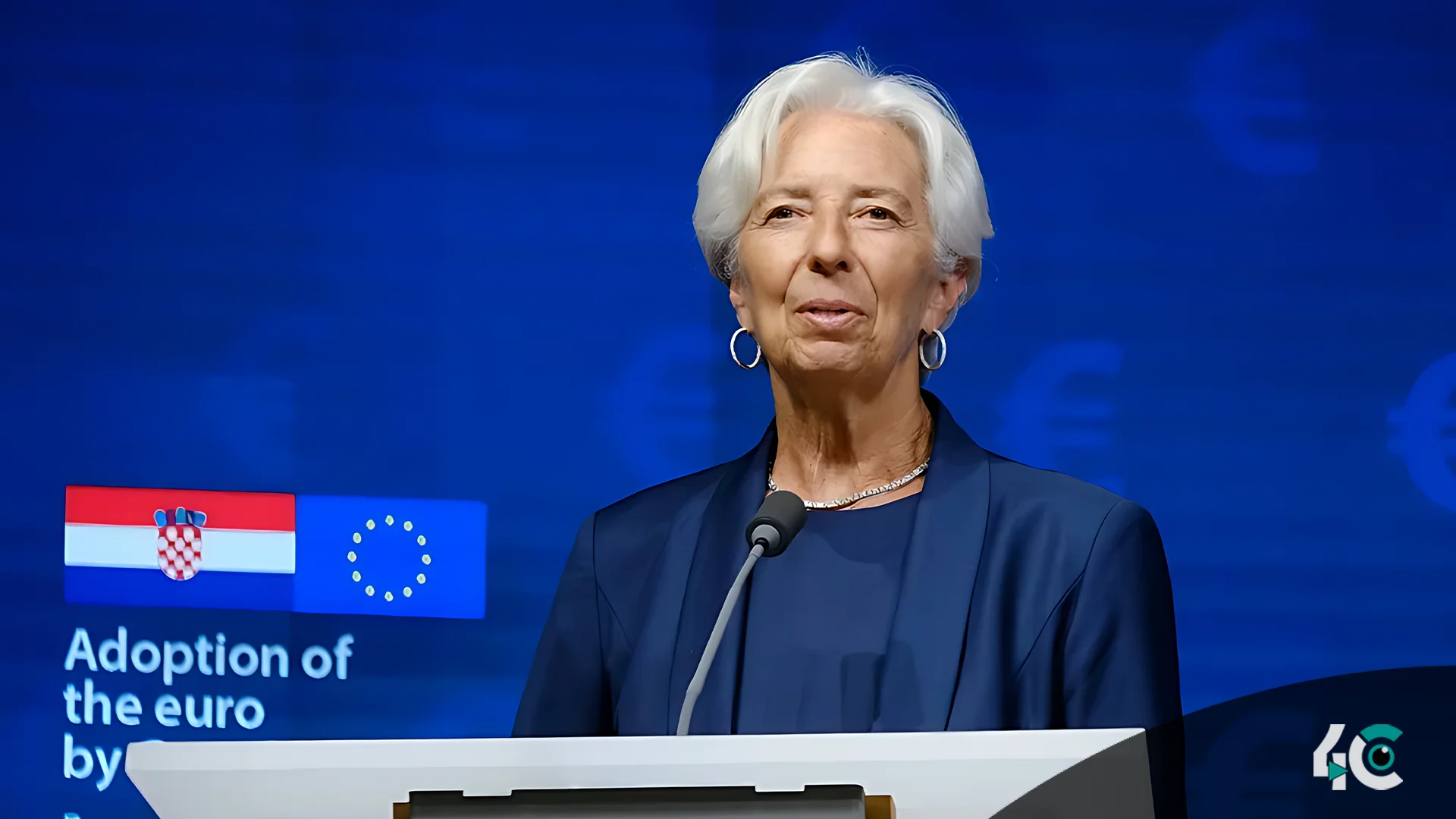According to President Christine Lagarde of the European Central Bank (ECB), Bitcoin will not be included in Eurozone central bank reserves. Lagarde told the media on January 30 that central bank reserves must be liquid, secure, and free of the risks connected with money laundering and other financial crimes.
“I am confident that Bitcoin will not become part of the reserves of any central banks under the ECB’s General Council,” Lagarde said, confirming the institution’s cautious stance on cryptocurrencies.
Following Czech National Bank (CNB) Governor AleÅ¡ Michl’s proposal to evaluate cryptocurrencies as part of the country’s diversification initiatives, there has been increased discussion on Bitcoin’s role in national reserves. While the CNB has not committed to purchasing Bitcoin, it has authorized a plan to investigate alternative asset classes, which may include digital currencies.
Unlike the ECB, the CNB acts independently of the Eurozone since the Czech Republic has maintained its own national currency, the koruna. This gives the CNB greater leeway in contemplating unorthodox investment opportunities. If it proceeds with Bitcoin holdings, it will be the first central bank in Europe to officially incorporate the cryptocurrency into its reserves.
Beyond the Czech Republic, Norway’s sovereign wealth fund, Norges Bank Investment Management, has boosted its indirect Bitcoin exposure. According to reports, the fund owns 0.72% of MicroStrategy, a company known for its substantial Bitcoin holdings, which are estimated to be worth $500 million. This investment showcases the increasing institutional interest in Bitcoin as a valuable asset.
Meanwhile, Bitcoin acceptance is growing rapidly. El Salvador, the first country to recognize Bitcoin as legal cash, has changed its Bitcoin legislation to comply with International Monetary Fund (IMF) recommendations. While the amended rules limit Bitcoin’s required acceptance in the private sector, the country retains significant cryptocurrency holdings.
The dispute over Bitcoin’s position in national reserves is likely to heat up as some countries embrace digital assets while others, including the ECB, remain dubious. If big economies, such as the United States, establish Bitcoin reserves, it may put pressure on other governments to reassess their positions on cryptocurrency usage in financial institutions.















































